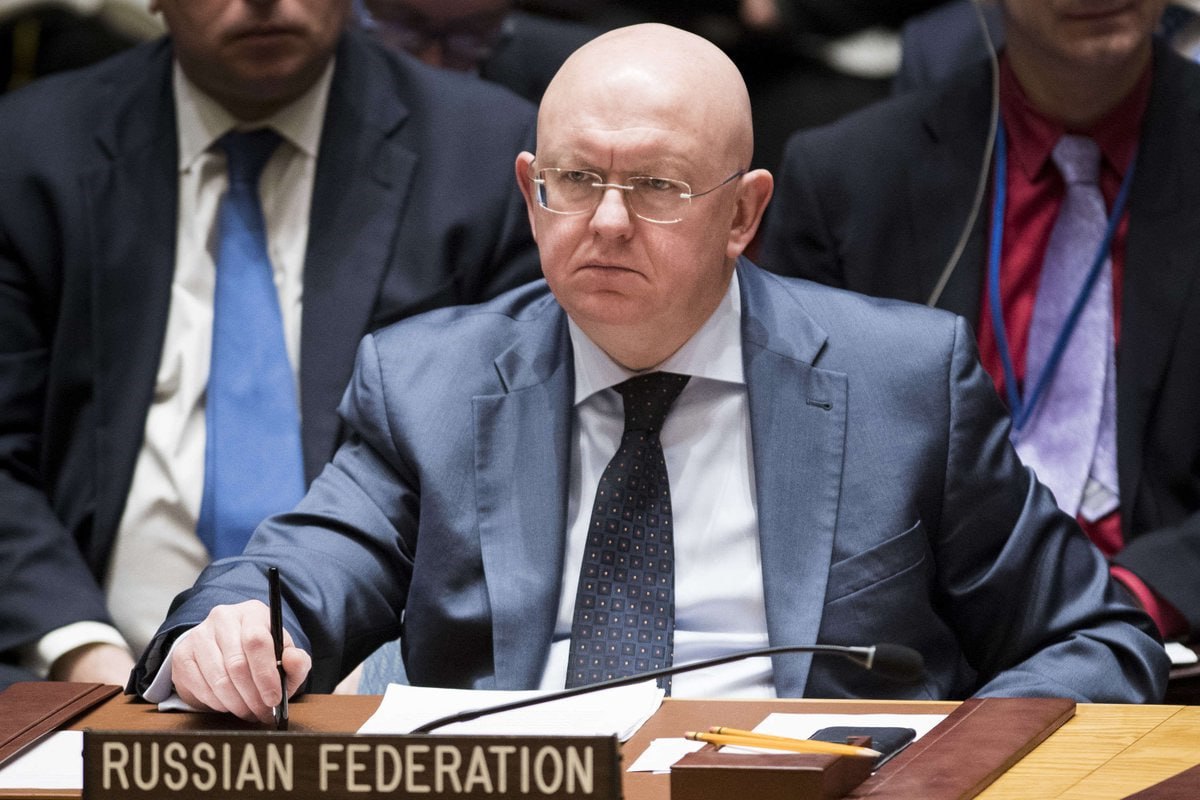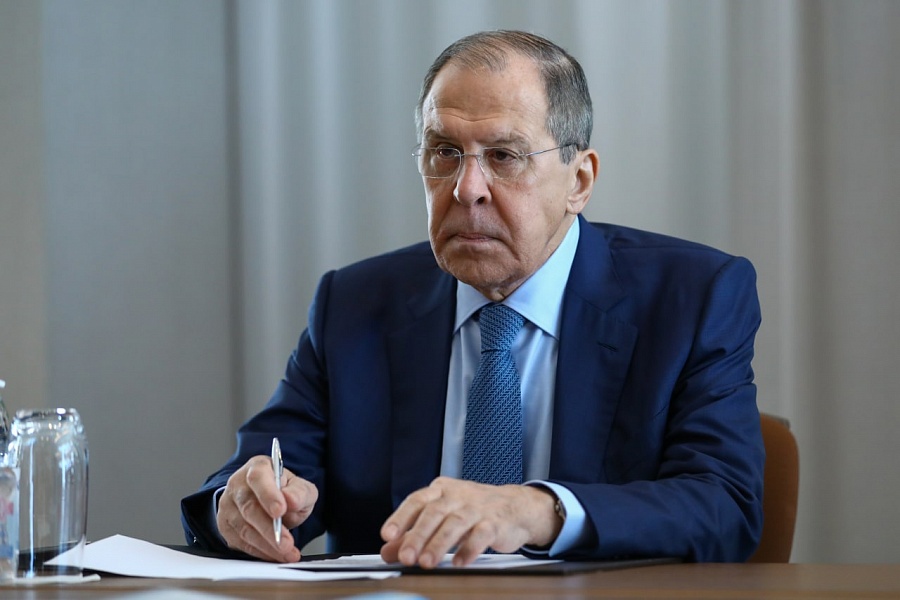Shishu Ranjan and Ajit Jha
If the year 2022 witnessed the Indian economy replacing the UK as the world’s fifth largest economy, the year 2023 saw India achieving a major milestone when its stock market valuation joined the ranks of stock market superpowers.
It stood just behind the US, China, Japan, and Hong Kong in the stock market valuation; a great feat that marked Nifty and Sensex – India’s two stock market exchanges, touching new highs. While Nifty saw a growth of 18.5% in 2023, Sensex registered a growth of 17.3% this year.

As such, overall market values of listed companies in the Indian stock exchanges crossed the $4 trillion mark. It indicates the state of the country’s economy in the face of ongoing conflicts with global economic impact and high inflationary trend observed across the world economy.
However, to understand India’s stock exchanges success and health of the Indian economy, it is important to recap the world economic environment. The global economic outlook as updated by the International Monetary Fund (IMF) in October 2023 continues to highlight the challenging global scenario in which India is outshining all other nations. The global growth rate was expected to decline from 3.5% in 2022 to 3% in 2023. For India, the IMF projected the annual growth rate of 6.3%, which was lower than 7.2% of realized growth rate in 2022.
The global inflation rate in 2023 was expected to decline to 6.9%. But, it is likely to remain outside comfortable target rate until 2025 due to which all major central banks including Federal Reserve and Bank of England have maintained higher base rate in order to reduce the market liquidity and subsequently, tapering general demand in the economy.
However, India has delivered better than expected quarterly growth rate in 2023. The Indian economy grew at 7.8% in Q2-23 and 7.6% in Q3-23 against expected growth rate of 7.5% and 6.8% in Q2 and Q3, respectively. At the same time, India has been able to manage its annual average retail inflation within 6% and increased its industrial production (Q2-Q3) by 6.9%.
The strong performance by the Indian economy amid global economic challenges is behind the investor’s confidence in the Indian economy and the same is reflected in the Indian stock market. Just to highlight, Indian Stock Markets saw historic highs in the last week of December as the 30-share BSE index crossed 72,000 marks and 50-share NSE index crossed 21,000 for the first time.
In 2023, India received a net Foreign Portfolio Investment (FPI) of $20.2 billion, highest in emerging markets, and the total FPI is valued at $723 billion. The success of the Indian Stock market further increases with the fact that the Foreign Direct Investment (FDI) saw a decline of 16% in 2023 as it declined to $70.97 billion in 2023 from $84.84 billion in 2022.
The Covid19 led to a global economic recession when the world economy witnessed a negative growth rate (-3.1%). However, high growth rate exhibited by India led the global investors turning to Indian companies for better return on their investment. Global investors are looking for a more flexible option to invest, which is why, FPI increased in India as the Indian economy exhibited a strong performance.
The underlying factors for such a sustained high economic growth rate are many. First, political stability in India with the government led by Prime Minister Narendra Modi has been proactive in initiating the market reforms such as implementation of Goods and Services Tax (GST) to reduce the cascading of taxation, JAM (Jandhan – bank accounts with zero balance for all, Aadhar – an unique identification number, and Mobile) trinity to have universal financial inclusion, free rations for poor to reduce the acute poverty and malnutrition, Digital Payments (UPI) infrastructure for formalization of informal sector, Make in India to boost production capacity, Production Link Incentives (PLI) schemes for enhancing the export capacity in order to reduce the CAD (Current Account Deficit) and boost GDP, social welfare schemes, education & health reforms to improve India’s human resource capabilities, Skill India to upgrade the existing skills and several other government sponsored schemes in last nine years. All these measures have helped India to unlock its growth potential and stability in the regime is expected to continue with the policy reforms in land and labor areas in the upcoming years.
Second, the union government led by PM Modi has increased its capital expenditure by 433% ($250 billion in 2023-24) when compared to Financial Year (FY) 2013-14 figure of $48 billion and majority of the budgetary allocation is for the infrastructure development in rail, roads, air ports, ports, hospitals, research institutes and capacity creation, which is further expected to crowd-in the private investment.
Post Covid19, the GDP data has indicated strengthening of private investment in the economy as Q3 estimates put the Year-on-Year (YoY) growth rate at 7.8%. The high capital expenditure, government as well as private, has boosted domestic demand, which is reflected in Private Final Consumption Expenditure and Government Final Consumption Expenditure share of 56.8% and 8.9%, respectively. The robust domestic demand isolates the Indian economy from external shocks and global economic challenges.
Third, despite unprecedented increase in capital expenditure by the central government, the fiscal deficit is contracting and the government sticking to the fiscal consolidation path in budgetary estimates is strengthening the trust of external investors in the Indian economy. As per the data released by government, India is most likely to achieve its fiscal deficit target of 5.9% in FY 2023-24 based on robust growth of 23.4% (up to Dec’23) in net direct tax collection and a growth of 11.9% in GST collection (up to Nov’23). These statistics help India to access cheaper investment funds, which are expected to have a positive effect on investment spending and GDP. Even with India’s Current Account, which is an account of Export less Import, recorded to be negative ($8.3 billion by Q3-2023), India has a robust foreign exchange reserve of $616 billion by the end of December 15, 2023.
Fourth, the Indian banking system is in its healthiest state since a decade and half, thanks to proactive measures taken by India’s central bank, the Reserve Bank of India. With better provisioning, timely write-off of bad loans, insolvency code in place to recover Non-Performing Assets (NPAs) and massive central government support to retail and business customers, especially MSME in Covid19 led economic recession helped bank to reduce its bad loans and now, credit growth is pegged to be more than 15% for the FY 2023-24. Credit growth in such a global slowdown as well as tight monetary policy across the globe indicates robust economic activity within India and availability of funds for consumption as well as investment expenditure, which is expected to have positive externalities for the global economy through integrated demand supply management.
Lastly, the Indian economy is expected to have even better results for the remaining two quarters of FY 2023-24. Q4-23 is the quarter of Indian festivities and celebrations, which generally sees an uptick in private consumption. In addition, the last fortnight of December also sees high footfall of tourists, domestic as well as foreign, in various parts of India. This is expected to boost consumption expenditure.
Overall, the year 2023 has been a successful year for the Indian economy as it achieved a significant milestone for its capital market. India outperformed all expectations and the majority of economic indicators are in a healthy state. The nearby future is also indicating high economic activity that is expected to strengthen the Indian growth story. All these factors are attributing to the global confidence in the Indian economy and India is expected to continue to lead the global economy amid all challenges.
***
[Shishu Ranjan is the Vice President, Barclays Bank, and; Ajit Jha is an Assistant Professor, Institute of Studies in Industrial Development (ISID), New Delhi.]









